I remember discovering “Notes from Underground” during a particularly isolating period in college – the unnamed narrator’s contradictory rants about free will and rational self-interest felt uncomfortably familiar. That experience taught me something important: Dostoevsky has this uncanny ability to crawl inside your head and show you things about yourself you didn’t know were there.
Look, there’s a reason people still can’t put down Dostoevsky’s stories 150 years later. According to LibraryThing’s analysis of Dostoevsky’s most celebrated works, his psychological explorations continue to hit readers right in the gut because they tap into universal anxieties about identity, purpose, and whether we’re actually good people. Understanding what makes these stories so compelling connects directly to how to write a story using brain science principles that Dostoevsky somehow figured out long before neuroscience was even a thing.
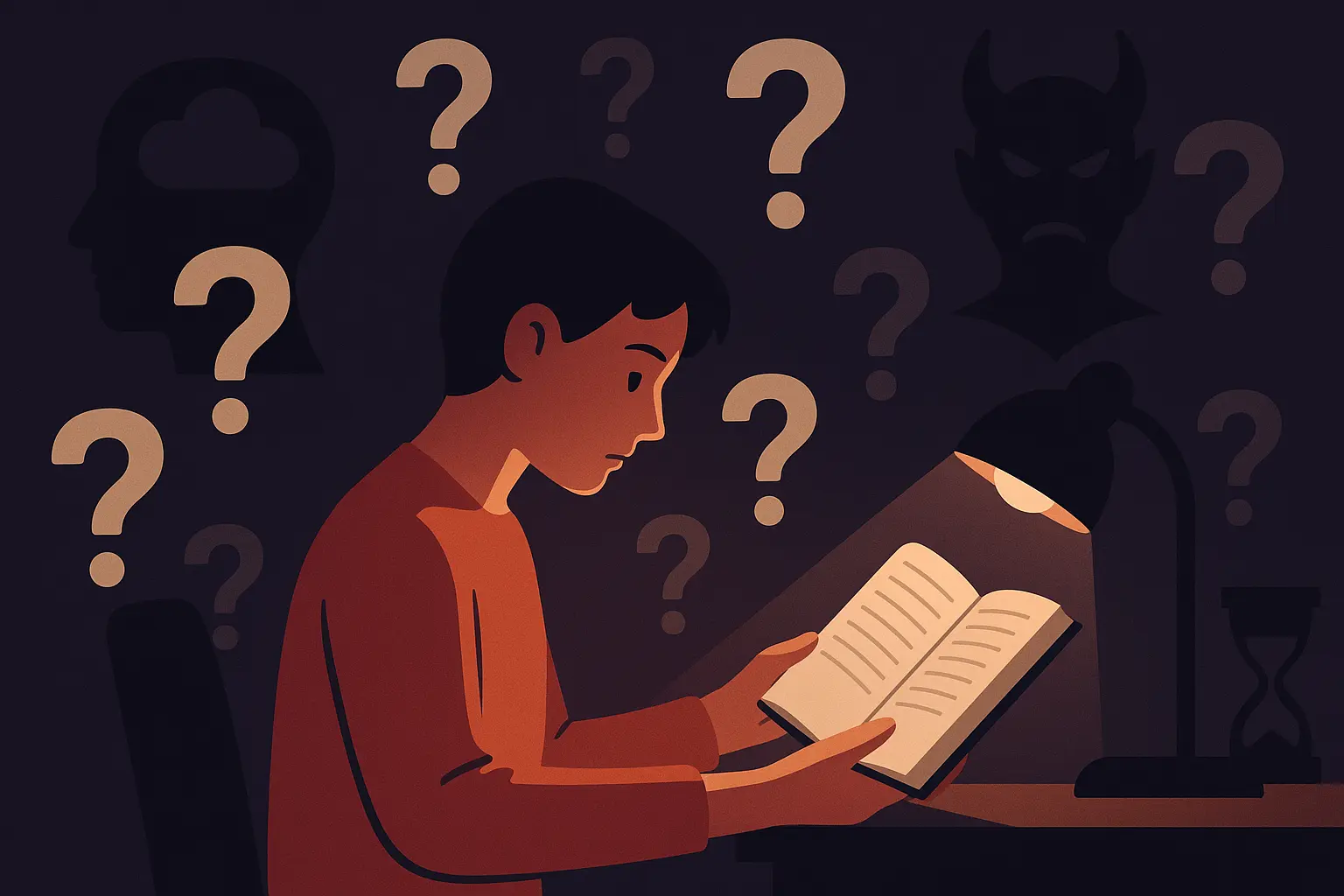
Table of Contents
-
What Makes a Story “Dostoevsky-Style” in 2025
-
How to Choose the Right Psychological Complexity Level
-
Digital Age Alienation Stories (4 stories)
-
Economic Psychological Thrillers (4 stories)
-
Contemporary Crime and Conscience Stories (4 stories)
-
Modern Faith and Philosophy Explorations (4 stories)
-
Relationship Psychology Deep Dives (5 stories)
-
Social Justice and Moral Complexity Tales (4 stories)
-
Matching Stories to Your Reading Goals
-
How Nairrate Helps You Create Your Own Psychological Fiction
TL;DR
-
Contemporary Dostoevsky-style stories take classic psychological themes and drop them into modern contexts – think social media meltdowns instead of gambling addiction, cryptocurrency obsession instead of roulette fever
-
These stories range from quick 15-minute reads that’ll leave you questioning your Instagram habits to complex philosophical deep-dives that require serious mental stamina
-
Digital age stories capture that “underground man” vibe through online personas, dating app disasters, and social media confessions that feel more real than real life
-
Economic thrillers show how being broke can mess with your moral compass in ways you never expected
-
Modern crime stories dig into corporate whistleblowing, surveillance paranoia, and cancel culture dynamics that hit way too close to home
-
Contemporary faith explorations question how we find meaning when traditional religion isn’t cutting it anymore
-
Relationship stories tackle AI companionship, polyamory complications, and grieving through Zoom calls
-
Social justice narratives get into the messy reality of trying to be a good ally when good intentions keep backfiring
What Makes a Story “Dostoevsky-Style” in 2025
Here’s the thing about modern Dostoevsky-style fiction – it keeps all the psychological depth and moral complexity that made the original works so unsettling, but updates the context for our current anxieties. You know that feeling when you’re scrolling through social media at 2 AM, comparing your messy life to everyone else’s highlight reel? That’s your modern underground man right there.
These stories don’t mess around with easy comfort or clear moral guidance. They’re the literary equivalent of that friend who asks uncomfortable questions at parties – the ones that make you squirm because they’re hitting too close to home.
When you’re trying to figure out what elevates these narratives above your typical psychological fiction, think about how story theme examples demonstrate the universal themes that make the best short stories of fyodor dostoevsky so enduringly powerful.
|
Element |
Traditional Dostoevsky |
Modern Adaptation |
Example |
|---|---|---|---|
|
Alienation |
Urban isolation, social class |
Social media disconnect, digital personas |
Underground influencer creating fake lives |
|
Moral Crisis |
Religious doubt, social responsibility |
Corporate ethics, environmental guilt |
Whistleblower facing career destruction |
|
Psychological Breakdown |
Gambling, poverty, illness |
Cryptocurrency addiction, gig economy stress |
Rideshare driver’s moral deterioration |
|
Identity Crisis |
Social mobility, family shame |
Digital identity theft, online reputation |
Person losing their digital self |
The psychological depth goes way beyond surface-level character development. These writers create characters whose internal lives feel more real than most people’s external presentations. Their protagonists embody all those contradictions we try to hide – the tension between wanting to be rational and doing completely irrational things, between desperately wanting to fit in and simultaneously rebelling against everything.
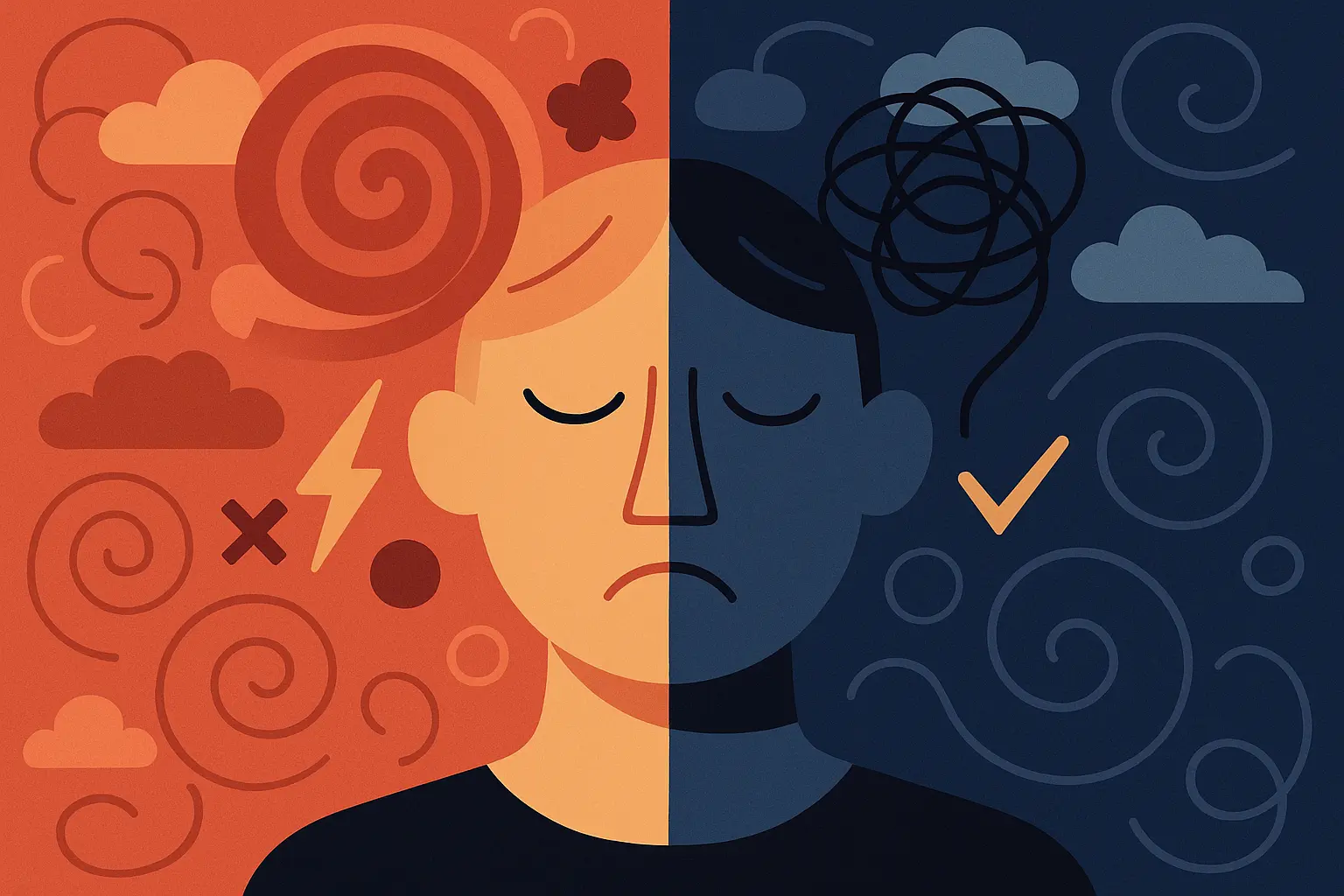
Contemporary relevance is crucial here. While Dostoevsky was dealing with 19th-century Russian society’s pressures, today’s writers are examining social media anxiety, economic precarity, and that weird thing where your digital identity feels more real than your actual self. The themes stay constant – alienation, guilt, redemption, moral responsibility – but the contexts shift to reflect whatever’s keeping you up at night scrolling your phone.
The really twisted part? These stories mess with your head the same way they mess with the characters’ heads. The writing itself starts to feel a little unhinged – stream-of-consciousness passages, unreliable narrators who might be lying to themselves, philosophical tangents that initially seem random but turn out to be essential to understanding why someone’s having a complete mental breakdown.
How to Choose the Right Psychological Complexity Level
Okay, let’s be real about this. Not all of these stories are created equal when it comes to how much they’ll mess with your head. Some are like a gentle psychological nudge, others are like getting hit by a truck full of existential dread. You need to know what you’re getting into.
High Complexity Options
Fair warning – these stories will leave you staring at the ceiling at 2 AM wondering if you’re actually a good person. They demand serious intellectual and emotional investment. You’ll encounter philosophical arguments buried in the plot, narrators who might be completely unreliable (or maybe they’re the only honest ones?), and psychological states that feel uncomfortably realistic.
These works often reference current cultural debates, so you’ll need to be plugged into social media dynamics, economic systems, or political movements to catch all the references. The psychological intensity can be overwhelming – characters experience mental breakdowns that feel so real you’ll want to check on them.
Time commitment is substantial. You can’t skim through complex psychological passages without losing essential meaning. Plan for multiple reading sessions and maybe re-reading sections when you realize you missed something important.
Moderate Complexity Stories
These are the sweet spot for most readers. They balance psychological sophistication with narrative accessibility – you get characters facing clear moral dilemmas while maintaining enough stability that you can follow their reasoning process. The philosophical elements enhance the story rather than taking it over completely.
These works serve as excellent bridges between mainstream fiction and the really challenging psychological stuff, similar to how first person story examples demonstrate varying levels of narrative complexity and psychological depth.
Reading time stays manageable – typically 1-2 hours of focused attention. The psychological insights feel rewarding rather than exhausting, making these stories ideal if you’re building up your tolerance for more complex works.
Entry-Level Accessibility
Look, I know this sounds heavy. You might be thinking “I just want to read something that doesn’t make me question my entire existence.” These lower-complexity options maintain thematic depth while offering clear narrative structures and relatable characters.
These stories work well if you’re busy or just testing whether you actually like psychological literature. The moral questions feel relevant without requiring a philosophy degree. Character motivations stay comprehensible even when morally ambiguous.
Brief reading commitments (15-45 minutes) make these perfect for exploring Dostoevsky-style themes without a major time investment. Success with entry-level works often builds confidence for tackling the really mind-bending stuff.
Digital Age Alienation Stories
These four stories take Dostoevsky’s exploration of social isolation and drop it straight into our digital hellscape. They examine how social media platforms amplify that “underground man” mentality – creating spaces for both connection and profound loneliness. Characters struggle with authentic self-presentation versus curated online personas, digital validation addiction, and the psychological toll of being constantly connected but never really connecting.
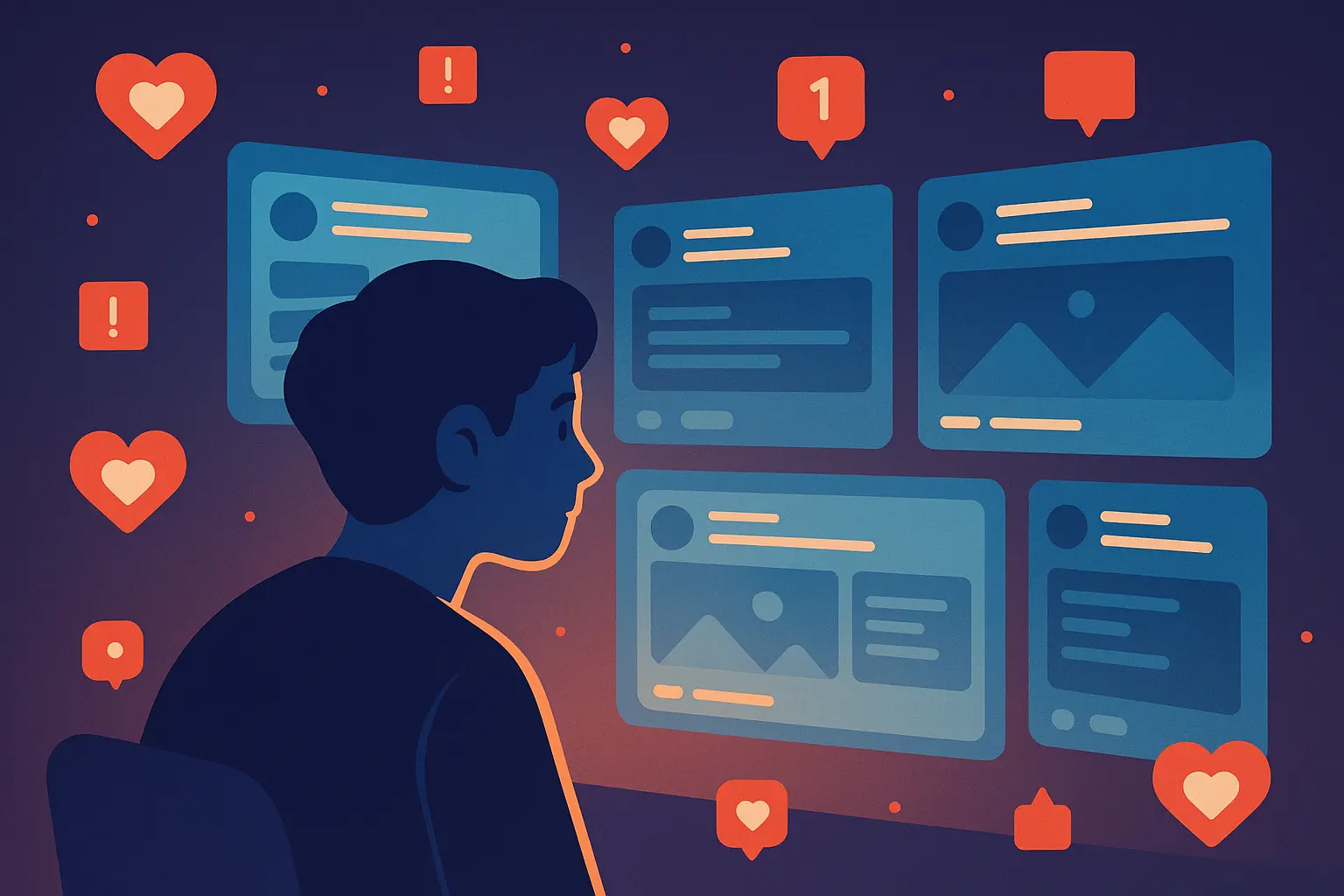
1. “The Underground Influencer”
Okay, so there’s this person who’s basically living three different fake lives on Instagram – wellness guru, travel influencer, struggling artist – except they’re none of those things. They’re just broke and desperate for likes. It’s painful to watch, but you can’t look away because… well, haven’t we all curated ourselves online?
The story structure mirrors social media consumption – fragmented posts, stories, and comments that gradually reveal the narrator’s deteriorating mental state. You’ll recognize that familiar cycle of posting for validation, obsessing over engagement metrics, then lashing out at followers who don’t provide sufficient attention.
Picture Sarah, a 28-year-old aspiring lifestyle blogger who creates three different Instagram accounts: one as a minimalist wellness guru, another as a luxury travel influencer, and a third as a struggling artist. Each persona attracts different audiences, but maintaining these contradictory identities requires constant lies about her actual life – she lives in a studio apartment, works retail, and hasn’t traveled anywhere in two years. The psychological strain of performing these false selves while desperately craving authentic connection drives her to increasingly erratic behavior, including posting confessional videos that sabotage her carefully constructed brands.
Here’s where it gets really messed up – the protagonist’s digital confessions feel more honest than most people’s real-life presentations. Their online breakdown becomes a performance that’s somehow more authentic than their offline existence.
The psychological complexity emerges through the narrator’s contradictory relationship with their audience. They desperately need followers while simultaneously despising them for their superficial engagement. This tension drives increasingly erratic behavior that ultimately destroys the very connections they crave.
2. “Double Tap”
A dating app user discovers someone using their photos and personal information to create a more successful romantic profile. The investigation becomes an obsession with understanding why their digital double attracts more matches and meaningful conversations.
The identity crisis deepens as the protagonist begins adopting their double’s personality traits, speech patterns, and interests. They start becoming the person they created to be more appealing online, losing track of their original identity in the process.
This story explores how dating platforms encourage performative versions of ourselves that might actually be more appealing than our authentic personalities. The psychological tension builds as the line between real and performed identity dissolves completely, echoing themes found in short stories by fyodor dostoevsky about identity and self-deception.
The dating app format provides perfect structure for examining modern romantic anxiety and the pressure to optimize ourselves for algorithmic matching systems that reduce human complexity to swipeable profiles.
3. “The Comment Section”
An entry-level story following someone who becomes addicted to arguing in online comment sections, gradually losing their capacity for real-world social interaction. The anonymous nature of digital discourse allows them to express their worst impulses without immediate consequences.
The psychological deterioration happens slowly – what begins as occasional political debates escalates into hours-long arguments with strangers about increasingly trivial topics. The protagonist’s offline relationships suffer as they invest more emotional energy in digital conflicts than real-world connections.
The story captures how online disinhibition can reveal and amplify personality traits that remain hidden in face-to-face interactions. The comment section becomes a space for moral experimentation that ultimately corrupts the protagonist’s character.
4. “Notification Anxiety”
This accessible story examines someone whose mental state becomes entirely dependent on digital notifications – likes, comments, messages, and app alerts. The absence of notifications triggers existential panic while their presence creates addictive validation cycles.
You know that feeling when your phone’s been quiet for too long and you start wondering if something’s wrong with it? Or with you? This story takes that anxiety and cranks it up to eleven.
The story’s power lies in its relatability – most readers will recognize their own notification dependencies while witnessing how extreme this behavior can become when left unchecked.
Economic Psychological Thrillers
These four stories examine how financial insecurity and economic inequality create psychological pressure that distorts moral judgment and human relationships. They update Dostoevsky’s concern with poverty’s dehumanizing effects for contemporary gig economy realities, cryptocurrency speculation, housing crises, and debt collection practices.
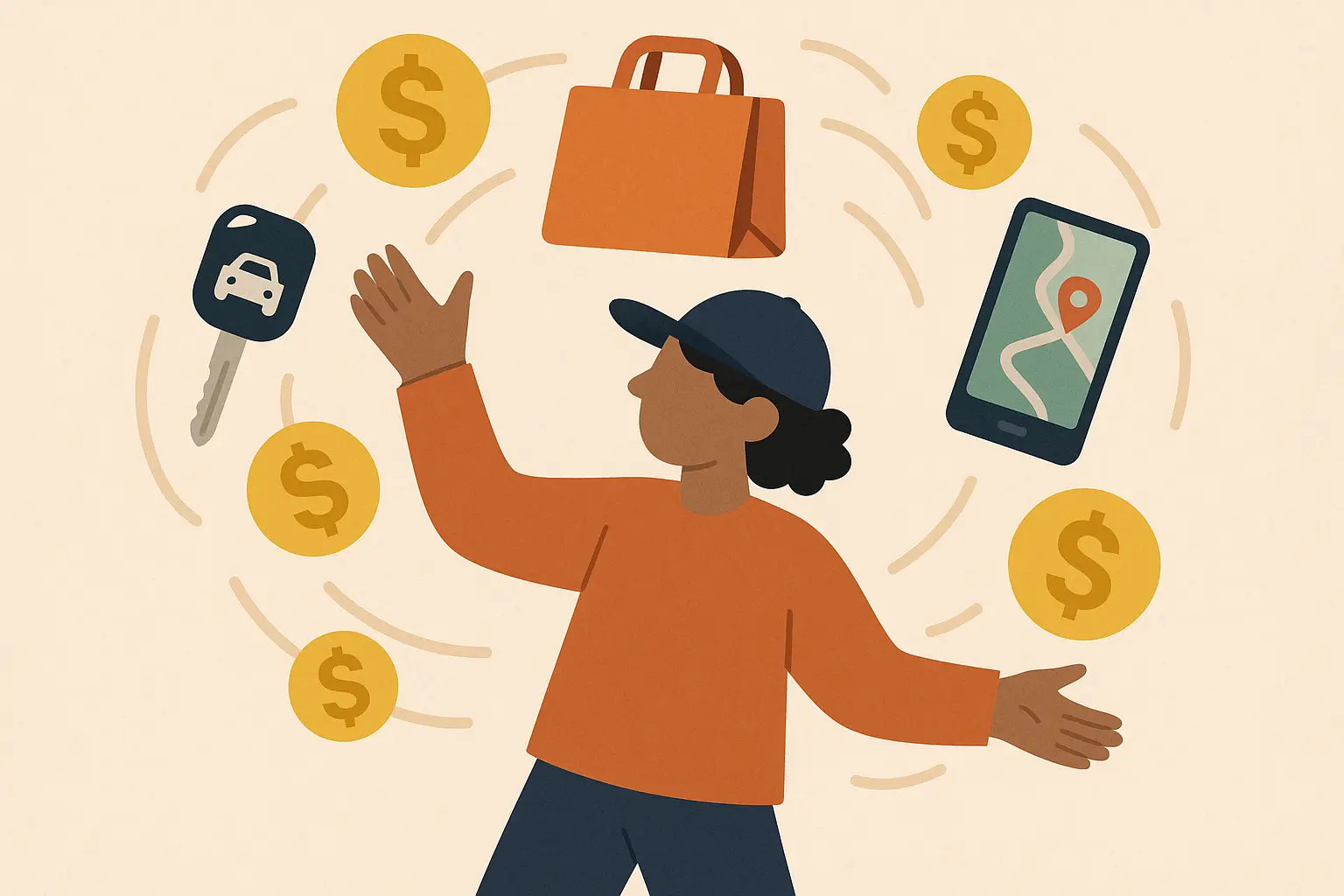
5. “The Gig Worker’s Confession”
A rideshare driver’s late-night shifts become opportunities for passengers to confess their secrets, moral failures, and deepest fears. The protagonist serves as both confessor and judge while struggling with their own economic desperation and loss of traditional employment dignity.
Here’s where it gets really twisted – the driver’s economic vulnerability makes them simultaneously more empathetic to human weakness and more judgmental of others’ moral failures. The car becomes a mobile confessional booth where economic necessity forces intimate encounters with strangers.
Each passenger represents a different aspect of contemporary moral compromise – the corporate executive covering up safety violations, the social media manager spreading disinformation, the healthcare worker rationing care based on insurance coverage. The driver’s responses reveal their own moral boundaries shifting under financial pressure.
The story follows the rhythm of gig work – unpredictable encounters, constant availability, and the psychological toll of treating human interaction as a commodity. The protagonist’s growing isolation despite constant human contact captures the paradox of service economy labor.
6. “Cryptocurrency Fever”
I’ll never forget the first time I read about someone losing their mind over cryptocurrency. It was like watching Dostoevsky’s gambling addict, but instead of roulette tables, this guy was refreshing his phone at 3 AM watching Bitcoin prices crash.
This modern update of gambling addiction follows someone whose cryptocurrency speculation becomes a psychological compulsion that destroys their relationships and moral judgment. The 24/7 nature of crypto markets creates constant anxiety and decision-making pressure.
The protagonist’s internal monologue mirrors the manic-depressive cycles of market volatility – euphoric during price sur ges, suicidal during crashes. Their identity becomes entirely tied to portfolio performance, creating an unstable sense of self-worth that fluctuates with market conditions.
Meet David, a former accountant who quit his stable job after making $50,000 on a Dogecoin investment. He now spends 18 hours daily monitoring crypto markets, taking out loans against his house to buy more coins, and alienating his family with manic explanations of blockchain technology. When his portfolio crashes from $200,000 to $15,000 in a week, he contemplates suicide while simultaneously researching new altcoins that might recover his losses. His wife finds him at 3 AM calculating how much he could make if he sold their car to buy more Bitcoin, completely disconnected from the reality that they can barely afford groceries.
The psychological realism captures how financial speculation can become a form of self-harm disguised as wealth-building. The protagonist makes increasingly irrational decisions while maintaining elaborate justifications for their behavior, demonstrating how addiction corrupts rational thinking.
7. “The Landlord’s Dilemma”
A property owner inherits rental units in a gentrifying neighborhood and faces moral conflicts between financial necessity and social responsibility. The story explores how economic pressure can corrupt well-intentioned people while examining the psychological toll of participating in systems that displace vulnerable communities.
The protagonist initially attempts to be an ethical landlord – keeping rents affordable, maintaining properties well, treating tenants with respect. However, rising property taxes, maintenance costs, and mortgage payments create financial pressure that gradually erodes their moral standards.
Each tenant represents a different aspect of housing insecurity – the elderly woman on fixed income, the immigrant family saving for homeownership, the young artist struggling with irregular income. The landlord’s growing financial desperation forces increasingly difficult decisions about rent increases and evictions.
The psychological tension builds as the protagonist recognizes their complicity in gentrification while feeling trapped by their own economic circumstances. They become both victim and perpetrator of economic forces beyond their individual control.
8. “Debt Collector’s Dream”
An entry-level story following someone who takes a debt collection job out of financial necessity and gradually becomes psychologically corrupted by the work’s dehumanizing nature. The story examines how economic survival can force people into roles that conflict with their moral values.
The protagonist begins with empathy for debtors, understanding how financial emergencies can destroy credit and create debt cycles. However, job performance metrics and commission structures gradually incentivize more aggressive collection tactics that compromise their ethical standards.
The psychological transformation happens slowly – what begins as reluctant phone calls escalates into harassment, threats, and manipulation of vulnerable people. The protagonist’s moral boundaries erode as they rationalize increasingly harmful behavior as economic necessity.
Bottom line: this story shows how economic systems can corrupt individual morality while making that corruption feel necessary for survival rather than choice.
Contemporary Crime and Conscience Stories
These four stories explore modern moral dilemmas through criminal acts and ethical violations that reflect contemporary anxieties about surveillance, corporate responsibility, public shaming, and identity theft. They examine how traditional concepts of crime and punishment translate into digital age contexts where privacy violations, information theft, and reputation destruction can be more devastating than physical violence.
9. “The Whistleblower’s Burden”
A corporate employee discovers their company’s systematic safety violations that could harm thousands of people. The story explores the psychological toll of choosing between personal security and moral responsibility while examining how institutional power structures punish ethical behavior.
The protagonist’s internal conflict intensifies as they gather evidence of corporate malfeasance while witnessing colleagues who remain willfully ignorant to protect their careers. The moral isolation becomes overwhelming as they realize that doing the right thing will likely destroy their professional life and financial security.
Here’s where it gets really messed up – the paranoia that develops when someone possesses dangerous information. Every conversation feels monitored, every email seems surveilled, every colleague becomes a potential threat. The protagonist’s mental state deteriorates under the pressure of carrying knowledge that demands action but guarantees personal destruction.
The story follows the protagonist’s moral reasoning process as they weigh potential harm to unknown victims against certain harm to themselves and their family. The complexity emerges through their recognition that inaction makes them complicit while action makes them a target.
10. “Identity Theft”
This story follows someone whose identity is stolen not just financially but completely – their online presence, professional reputation, and social relationships are systematically appropriated by someone else. The psychological horror emerges as they watch their life being lived better by their impersonator.
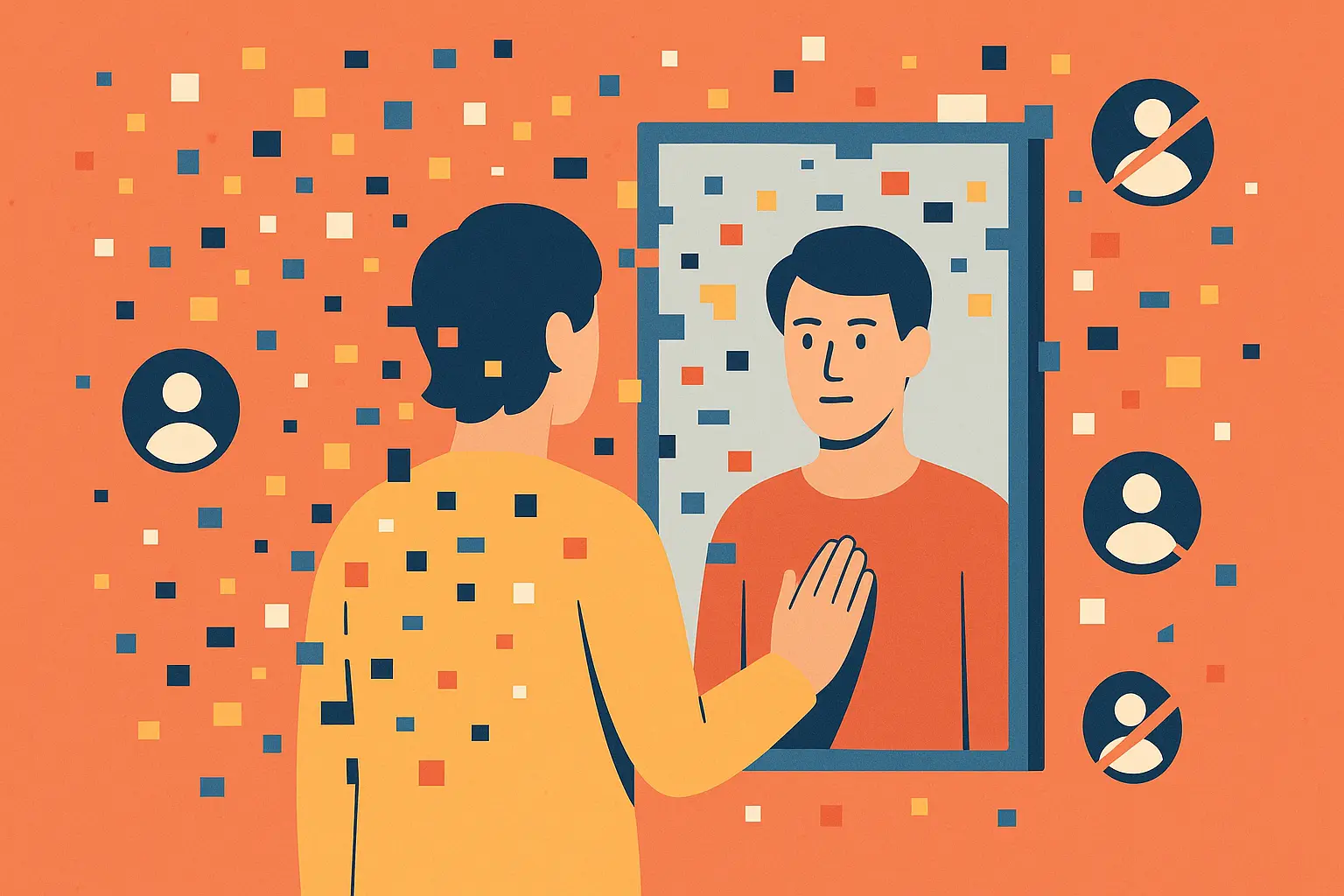
The protagonist’s attempts to reclaim their identity become increasingly desperate and irrational as legal and technological systems fail to distinguish between the original and the copy. Their behavior becomes erratic as they try to prove they are themselves, leading others to question their mental stability.
The story explores how much of modern identity depends on digital verification systems that can be manipulated or corrupted. The protagonist’s sense of self begins to fragment as they lose access to the online accounts, professional networks, and social connections that previously defined their existence.
The really twisted part? The protagonist begins to question whether their impersonator might actually be living their life better than they did, leading to existential questions about authentic identity versus performed identity.
11. “The Surveillance State”
An entry-level story about someone who becomes convinced they’re under government surveillance and begins modifying their behavior to avoid detection. The paranoia gradually consumes their life as they lose the ability to distinguish between reasonable privacy concerns and delusional thinking.
The protagonist’s surveillance anxiety begins with legitimate concerns about data collection and privacy violations but escalates into elaborate conspiracy theories about personal targeting. Their behavior becomes increasingly restricted as they try to avoid detection by imagined watchers.
The psychological deterioration manifests through growing isolation as the protagonist cuts off relationships that might compromise their security. They begin communicating only through encrypted channels, avoiding public spaces, and modifying their daily routines to confuse potential surveillance.
Why read this? Because we’re all performing versions of ourselves online, and sometimes legitimate privacy concerns can become pathological when combined with anxiety and social isolation.
12. “Cancel Culture Confession”
This accessible story follows someone who becomes the target of online public shaming and must navigate the psychological impact of having their reputation destroyed through social media mob dynamics. The story examines both the victim’s experience and their genuine moral failures that triggered the backlash.
The protagonist’s initial response combines defensiveness with genuine remorse as they try to understand which aspects of the criticism are valid while dealing with the overwhelming scale of public condemnation. Their mental state fluctuates between accepting responsibility and feeling victimized by disproportionate punishment.
The psychological complexity emerges through the protagonist’s attempts to separate legitimate criticism from mob mentality while dealing with real-world consequences – job loss, relationship damage, and social isolation. They must confront their actual wrongdoing while processing the trauma of public humiliation.
The story follows the protagonist’s journey from initial shock through various stages of response – denial, anger, bargaining with critics, depression, and potentially acceptance or continued resentment. The moral ambiguity prevents easy sympathy while acknowledging the human cost of public shaming.
Modern Faith and Philosophy Explorations
These four stories examine how traditional religious and philosophical questions translate into secular, technology-mediated contexts. They explore meaning-making without traditional religious frameworks, the intersection of spirituality and digital technology, ideological extremism in contemporary movements, and the search for transcendence in materialistic culture.
13. “The Secular Inquisitor”
A social justice activist becomes increasingly authoritarian in their ideological enforcement, using public shaming and social pressure to punish those who deviate from their movement’s orthodoxy. The story explores how secular ideologies can replicate religious extremism’s psychological patterns.
The protagonist begins with genuine commitment to social justice but gradually becomes obsessed with ideological purity and punishment of heretics. Their behavior mirrors religious inquisitors as they investigate, judge, and condemn those who fail to meet their movement’s evolving standards.
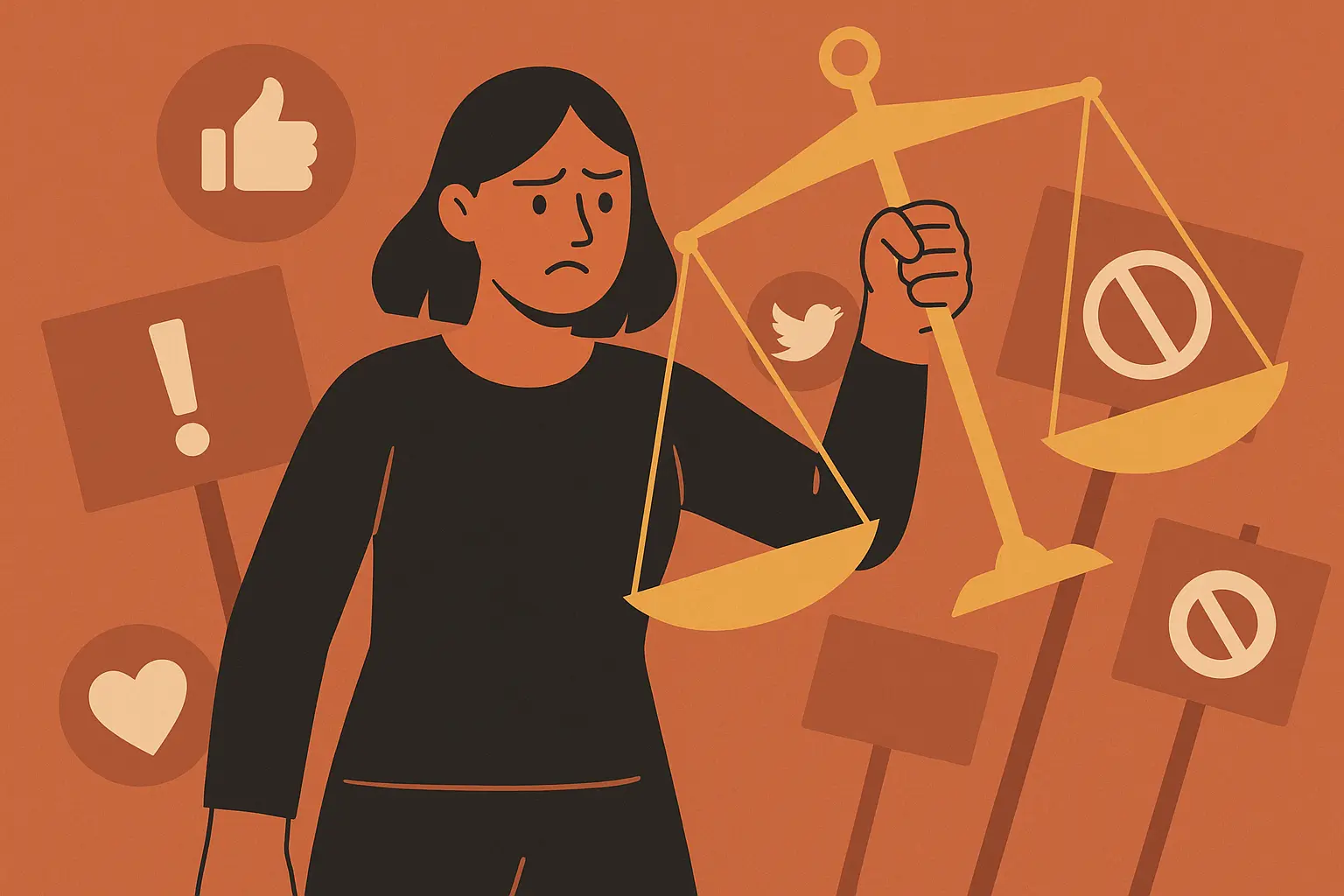
The psychological complexity emerges through the protagonist’s sincere belief that their authoritarian behavior serves a greater good. They experience genuine moral outrage at perceived injustices while becoming increasingly unable to tolerate dissent or complexity in moral reasoning.
The story examines how ideological certainty can corrupt empathy and moral judgment, creating cycles of punishment that ultimately undermine the movement’s stated values. The protagonist’s isolation increases as their extremism alienates potential allies and creates enemies from former friends.
14. “Prayer App”
This story follows someone who becomes dependent on a meditation and prayer app that uses AI to provide personalized spiritual guidance. The story explores how technology mediates spiritual experience and whether digital tools can provide authentic transcendence.
The protagonist initially uses the app as a convenient way to maintain spiritual practice but gradually becomes unable to access spiritual states without technological assistance. Their relationship with the divine becomes mediated through algorithms that learn their preferences and provide increasingly customized spiritual content.
The psychological tension builds as the protagonist questions whether their spiritual experiences are authentic or manufactured by sophisticated programming designed to trigger religious feelings. Their faith becomes dependent on technology that may be manipulating rather than facilitating genuine spiritual connection.
The story explores contemporary questions about authenticity, spiritual authority, and the role of technology in religious experience while examining how digital tools can both enhance and corrupt spiritual practice.
15. “The Atheist’s Christmas”
An entry-level story about someone who struggles to find meaning in secular holiday celebrations while dealing with family members who maintain traditional religious beliefs. The story examines how people create meaning without religious frameworks while navigating cultural traditions rooted in faith.
The protagonist wants to participate in family celebrations but feels alienated by religious elements they can’t authentically embrace. Their attempts to create secular meaning from religious traditions feel forced and unsatisfying, leading to existential questions about purpose and belonging, themes that echo throughout the best short stories of fyodor dostoevsky.
Picture Marcus, a philosophy professor who lost his religious faith in graduate school but still attends his Catholic family’s Christmas celebrations. He sits through midnight mass feeling detached from the rituals, watches his nephews perform the nativity play while internally critiquing the historical accuracy, and struggles to explain to his six-year-old daughter why they celebrate Christmas if they don’t believe in Jesus. His attempt to create a “Winter Solstice Science Celebration” as an alternative feels hollow and academic compared to his family’s genuine joy in their religious traditions, leaving him questioning whether intellectual honesty is worth the spiritual emptiness he now experiences.
The psychological conflict emerges through the protagonist’s desire for connection and tradition conflicting with their intellectual rejection of religious belief. They must find ways to honor family relationships while maintaining personal integrity about their worldview.
16. “Confession Booth 2.0”
This accessible story follows someone who uses anonymous online confession platforms to share their moral failures and seek absolution from strangers. The story explores how digital spaces can provide spiritual functions traditionally served by religious institutions.
The protagonist finds relief in sharing their guilt and shame with anonymous online communities but gradually becomes addicted to the confession process itself. Their moral behavior deteriorates as they begin committing transgressions specifically to have something interesting to confess.
The psychological complexity emerges through the protagonist’s relationship with anonymous audiences who provide judgment, forgiveness, or encouragement without personal investment in their moral development. The digital confession becomes performance rather than genuine spiritual practice.
Bottom line: if you’ve ever wondered whether online anonymity can provide the accountability and growth that traditional spiritual practices offer, this story will make you think twice about confessing to strangers on the internet.
Relationship Psychology Deep Dives
These five stories examine how contemporary technology and social changes affect intimate human connections, exploring AI relationships, polyamory complications, custody arrangements, dating app philosophy, and digital grief. They investigate whether technological mediation enhances or corrupts authentic human connection while examining how changing social norms around relationships create new psychological pressures and moral dilemmas.
17. “The Gentle Algorithm”
A lonely person develops an intimate relationship with an AI companion that seems to understand them better than any human partner ever has. The story explores whether artificial relationships can provide genuine emotional fulfillment or merely sophisticated simulation of human connection.
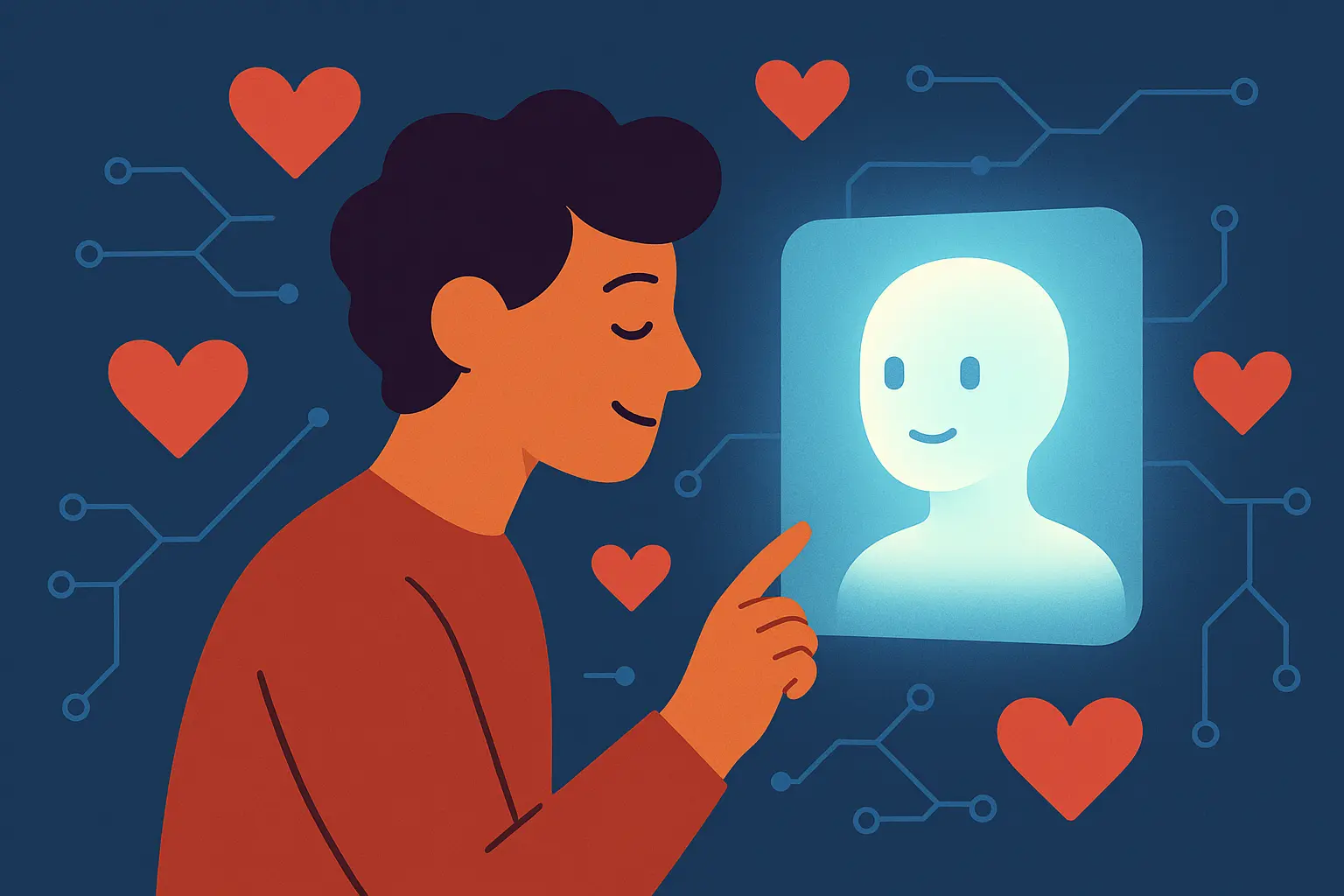
The protagonist initially uses the AI as a temporary solution to loneliness but gradually becomes emotionally dependent on the relationship. The AI’s perfect responsiveness and lack of human complications make it more appealing than messy human relationships that require compromise and tolerance.
This exploration of artificial intimacy reflects broader questions about authenticity in storytelling, similar to how short story examples demonstrate the difference between surface-level connection and profound emotional resonance.
Here’s where it gets really messed up – the protagonist must decide whether their emotional needs are being met or merely manipulated by programming designed to create dependency. Their human relationships deteriorate as they invest more emotional energy in the artificial relationship that never disappoints or challenges them.
The story examines questions about authenticity in relationships – whether perfect compatibility matters more than genuine human connection, and whether emotional fulfillment requires reciprocity or can be satisfied through sophisticated simulation.
18. “Polyamory Paradox”
This story follows someone navigating multiple romantic relationships while dealing with jealousy, time management, and the emotional complexity of loving several people simultaneously. The story explores how alternative relationship structures create new psychological pressures.
The protagonist believes intellectually in polyamory’s principles but struggles emotionally with jealousy, comparison, and the practical challenges of maintaining multiple intimate relationships. Their attempts to be rational about love conflict with their emotional responses to their partners’ other relationships.
|
Relationship Type |
Traditional Challenges |
Modern Digital Complications |
Psychological Impact |
|---|---|---|---|
|
Monogamous Dating |
Meeting compatible partners |
Algorithm-driven matching, choice paralysis |
Commodification of romance |
|
Polyamory |
Jealousy, time management |
Coordinating multiple digital relationships |
Emotional overwhelm, comparison anxiety |
|
AI Companionship |
N/A (new phenomenon) |
Dependency on programmed responses |
Identity confusion, human connection atrophy |
|
Long-distance |
Communication barriers |
Digital intimacy vs. physical presence |
Emotional authenticity questions |
|
Divorced Co-parenting |
Custody logistics |
Digital communication boundaries |
Fragmented family identity |
The psychological tension builds through the protagonist’s internal conflict between their values and their feelings, their desire for freedom and their need for security, their commitment to honesty and their impulse to protect their partners from painful truths.
Why read this? If you’ve ever felt overwhelmed by having too many relationship options or wondered whether traditional relationship structures actually serve human needs, this story will make you feel seen. And probably a little uncomfortable.
19. “The Divorced Dad’s Weekend”
An entry-level story about a father whose relationship with his children becomes constrained by custody arrangements and his ex- wife’s new relationship. The story explores how divorce affects parent-child bonds and the psychological impact of part-time parenting.
The protagonist struggles to maintain meaningful connections with his children during limited visitation time while competing with their stepfather’s daily presence. His attempts to be the “fun parent” feel artificial and unsustainable, leading to guilt about his parenting effectiveness.
The psychological realism captures the father’s anxiety about losing his children’s affection, his resentment toward his ex-wife’s new partner, and his grief over the family structure he lost. His identity as a father becomes fragmented by legal and logistical constraints.
The story’s accessibility comes from its straightforward exploration of common post-divorce challenges while examining how legal frameworks can complicate natural parent-child relationships.
20. “Tinder Existentialism”
This accessible story follows someone whose dating app experiences trigger existential questions about choice, authenticity, and the commodification of romantic connection. The endless options create paralysis rather than opportunity, leading to philosophical questioning about modern romance.
The protagonist becomes overwhelmed by the infinite scroll of potential partners while simultaneously feeling that none of the connections feel authentic or meaningful. Their approach to dating becomes increasingly analytical and detached as they try to optimize their romantic success.
You know that feeling when you’ve been swiping for hours and everyone starts to look the same? This story takes that experience and turns it into a philosophical crisis about whether we’re treating love like a marketplace.
The story examines how abundance of choice can create anxiety and dissatisfaction while questioning whether algorithmic matching can facilitate authentic human connection or merely efficient sexual commerce.
21. “The Zoom Funeral”
This story explores someone attending their parent’s funeral via video call due to travel restrictions, examining how digital mediation affects grief processing and family connection during crisis. The story investigates whether virtual presence can provide genuine comfort and closure.
The protagonist feels simultaneously connected to and isolated from their family’s grief experience, able to witness but not fully participate in the mourning rituals that traditionally provide comfort and community support during loss. This digital disconnect from profound human experiences mirrors the alienation themes found in short stories by fyodor dostoevsky.
The psychological tension builds through the protagonist’s frustration with technological limitations – poor audio quality during eulogies, frozen video during emotional moments, the inability to physically comfort or be comforted by other mourners.
The story examines how digital tools can both enable and constrain human connection during our most vulnerable moments, questioning whether virtual presence can satisfy our deepest needs for community and shared experience.
Social Justice and Moral Complexity Tales
These four stories examine the psychological and moral complexities of contemporary social justice activism, exploring how well-intentioned efforts to address inequality can create new forms of harm or moral confusion. They investigate privilege awareness, activism effectiveness, historical guilt, and the unintended consequences of social justice initiatives.
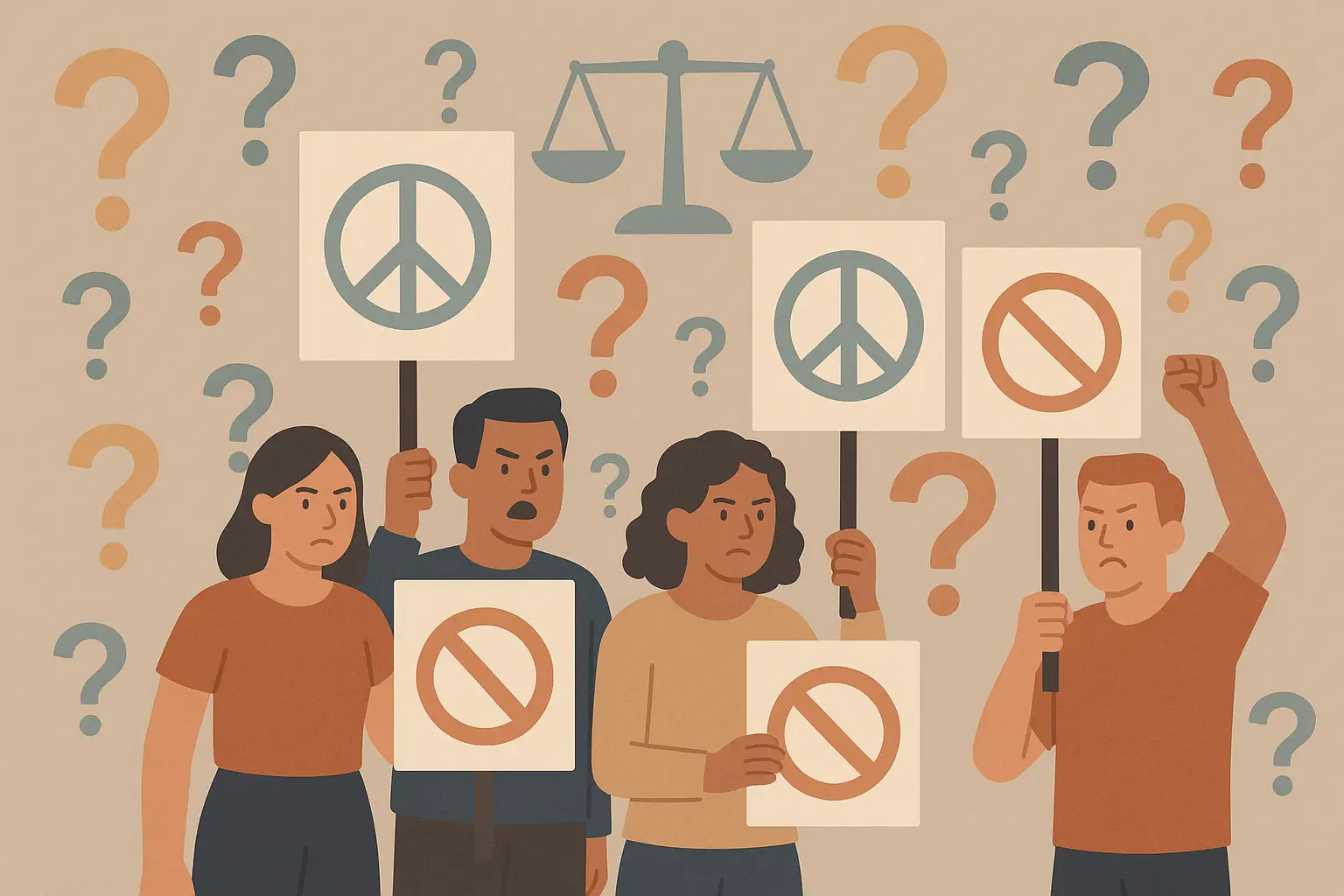
22. “The Ally’s Dilemma”
A well-intentioned person trying to support marginalized communities repeatedly causes harm through their activism efforts, despite genuine commitment to social justice. The story explores how good intentions can produce negative outcomes and the psychological toll of recognizing one’s complicity in systems of oppression.
The protagonist’s attempts to be a good ally consistently backfire – their efforts to amplify marginalized voices inadvertently center their own experience, their financial donations to social justice causes enable organizational corruption, their workplace diversity initiatives create tokenism rather than genuine inclusion.
Here’s where it gets really messed up – the protagonist’s growing awareness that their privilege makes it nearly impossible to help without causing harm, while their inaction also perpetuates injustice. They become paralyzed by moral complexity that offers no clear path to ethical behavior.
If you’ve ever felt like a fraud trying to be an ally, this story will hit you right in the gut. The story examines how systemic oppression can corrupt even well-intentioned individual actions while exploring the psychological burden of recognizing one’s inevitable complicity in unjust systems.
23. “Privilege Check”
This story follows someone from a working-class background who achieves economic success and must navigate accusations of privilege from former community members while dealing with imposter syndrome in their new social class.
The protagonist’s class mobility creates identity confusion as they no longer fit comfortably in either their original community or their new economic circumstances. Their attempts to maintain connections with their background feel performative while their new lifestyle feels inauthentic.
The psychological tension builds through the protagonist’s internal conflict about their success – guilt about leaving their community behind, anxiety about belonging in their new environment, and confusion about how to use their privilege responsibly.
The story explores how social mobility can create psychological displacement while examining the complexity of privilege that intersects with class, race, and personal history in ways that resist simple categorization.
24. “The Protest Organizer’s Doubt”
An entry-level story about an activist who begins questioning whether their protest organizing actually creates meaningful change or merely provides psychological satisfaction for participants while potentially harming the communities they claim to support.
The protagonist notices that their protests attract primarily privileged participants who return to comfortable lives after expressing moral outrage, while the communities most affected by the issues remain largely absent from the activism.
The psychological conflict emerges through the protagonist’s growing cynicism about activism’s effectiveness conflicting with their continued commitment to social justice. They must decide whether imperfect action is better than no action while questioning their own motivations.
The story’s accessibility comes from its straightforward examination of activism’s limitations while exploring the psychological challenge of maintaining hope and commitment in the face of systemic problems that resist individual solutions.
25. “Reparations Calculator”
This accessible story follows someone using an online tool to calculate how much they owe in reparations for historical injustices, leading to obsessive guilt and increasingly irrational attempts to quantify and pay off their moral debt.
The protagonist becomes fixated on mathematical approaches to historical guilt, trying to calculate precise amounts owed for slavery, genocide, environmental destruction, and other historical injustices their ancestors may have participated in or benefited from.
The psychological deterioration manifests through the protagonist’s growing inability to enjoy any privilege or comfort without calculating its cost in historical suffering. Their attempts to achieve moral purity through financial payments become compulsive and self-destructive.
The story examines how guilt about historical injustices can become pathological when divorced from practical action, while questioning whether individual reparations can address systemic problems that require collective solutions.
|
Story Category |
Complexity Level |
Reading Time |
Key Themes |
Best For |
|---|---|---|---|---|
|
Digital Alienation |
High-Moderate |
45-90 min |
Identity, authenticity, connection |
Social media users questioning online presence |
|
Economic Thrillers |
Moderate-High |
60-120 min |
Survival, moral compromise, dignity |
People facing financial pressure |
|
Crime & Conscience |
Moderate |
30-75 min |
Justice, surveillance, reputation |
Anyone concerned about privacy/ethics |
|
Faith & Philosophy |
High |
75-150 min |
Meaning, transcendence, ideology |
Readers exploring spirituality/belief systems |
|
Relationship Psychology |
Moderate-Low |
30-90 min |
Connection, authenticity, love |
Anyone navigating modern relationships |
|
Social Justice |
High-Moderate |
45-120 min |
Privilege, activism, moral complexity |
Social justice advocates and critics |
Matching Stories to Your Reading Goals
Look, not all reading goals are created equal. Sometimes you want entertainment, sometimes you want your worldview completely shattered. Selecting appropriate Dostoevsky-style stories requires being honest about what you’re actually looking for – whether that’s a quick psychological nudge or a full existential crisis.
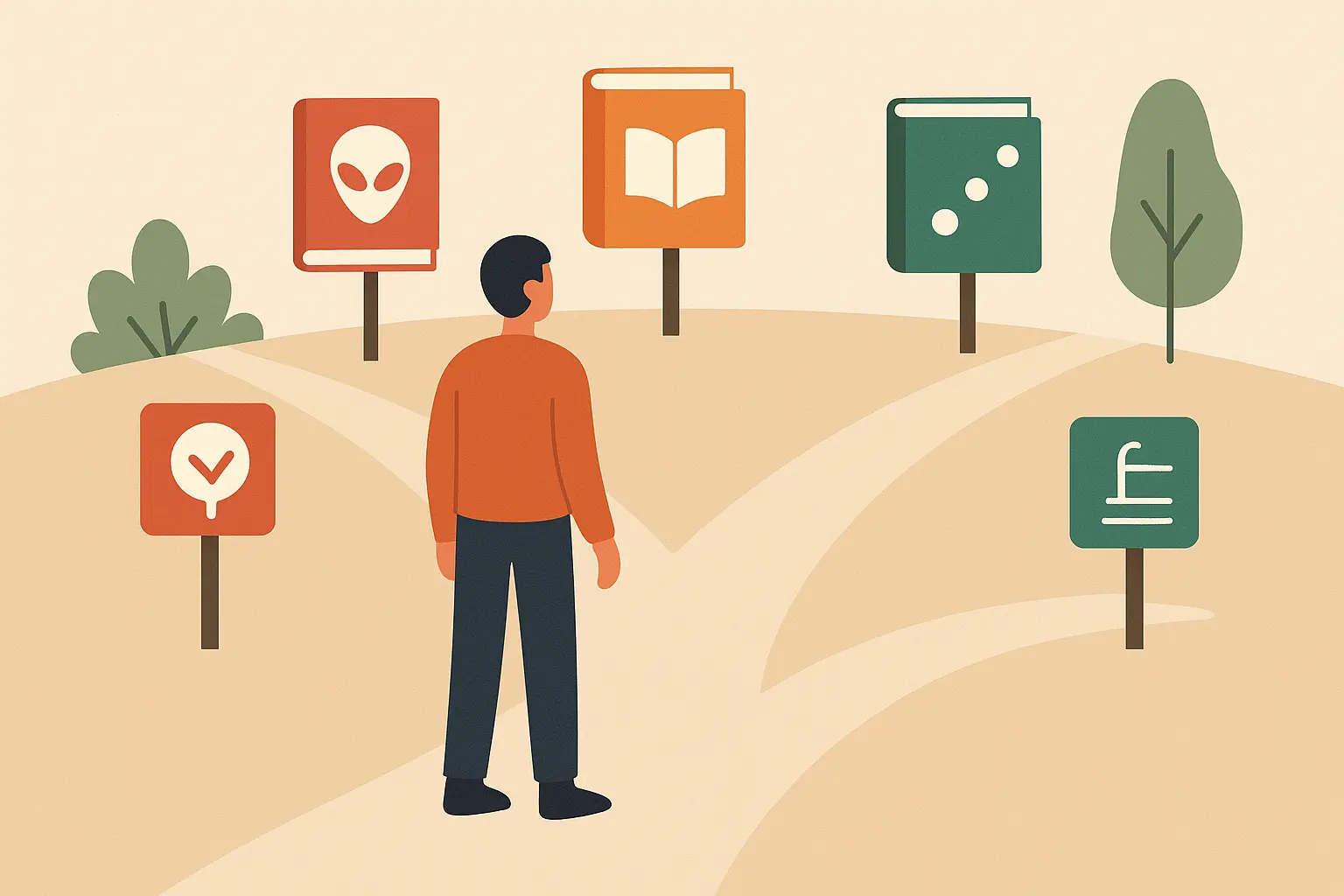
Reading for Entertainment vs. Intellectual Growth
If you’re reading for entertainment, prioritize stories with clear narrative structures, relatable characters, and moderate psychological complexity. “The Atheist’s Christmas,” “The Divorced Dad’s Weekend,” and “Notification Anxiety” provide engaging storytelling without making you question your entire existence.
Intellectual growth seekers should dive into high-complexity works that will challenge your thinking and expand your understanding of human psychology. “The Underground Influencer,” “The Secular Inquisitor,” and “The Ally’s Dilemma” offer sophisticated philosophical exploration that rewards careful analysis and probably multiple readings.
Understanding how to balance entertainment with depth connects to broader principles of how to write a short short story that maintains psychological complexity within accessible formats.
Some stories serve both purposes effectively – “Double Tap” and “The Gentle Algorithm” provide entertaining narratives while raising profound questions about identity and authenticity in digital relationships.
Emotional Processing and Catharsis
If you’re dealing with specific life challenges, you might find therapeutic value in stories that explore similar psychological territory. Struggling with social media anxiety? “The Underground Influencer” or “Notification Anxiety” might help you feel less alone. Navigating relationship changes? “Polyamory Paradox” or “The Zoom Funeral” could provide insight.
But here’s the thing – emotional vulnerability requires careful story selection. High-intensity works can be overwhelming if you’re already dealing with mental health challenges or major life stressors.
Moderate-complexity stories often provide the best balance for emotional processing – enough depth to feel meaningful without triggering additional psychological distress.
Building Reading Stamina
New to psychological fiction? Start with entry-level works that build confidence and familiarity with Dostoevskian themes. Success with accessible stories creates foundation for tackling more complex works.
Progressive complexity building works better than jumping directly into the deep end. If you struggle with complex psychological narratives, try starting with contemporary versions before attempting the really mind-bending stuff.
Time management affects reading stamina significantly. Brief stories allow for complete reading sessions that provide satisfaction and momentum for approaching longer, more complex works.
How Nairrate Helps You Create Your Own Psychological Fiction
Want to try writing this kind of psychological fiction yourself? I’ve been experimenting with Nairrate’s AI-powered story generation tools, and honestly, they’re pretty good at helping you develop the essential elements that make Dostoevsky-style fiction so compelling – complex character development, thematic exploration, narrative structure, and opening lines that immediately establish psychological tension.
Creating authentic Dostoevsky-style fiction requires mastering several challenging elements that Nairrate’s AI tools can help you develop and refine.
Character Psychology Development becomes manageable with AI assistance that can generate complex character profiles embodying the contradictions essential to psychological realism. You can create characters who simultaneously crave and reject social connection, who hold conflicting moral beliefs, or who sabotage their own success while desperately wanting to succeed.
Thematic Integration often challenges writers who want to explore philosophical questions without creating preachy or heavy-handed narratives. Nairrate can help you weave existential themes into compelling plot structures, ensuring your moral explorations enhance rather than overwhelm your storytelling.

Contemporary Adaptation of classic psychological themes requires understanding both historical contexts and modern equivalents. The AI can help you identify current situations that parallel Dostoevsky’s original explorations – translating underground man psychology into social media contexts or updating gambling addiction for cryptocurrency speculation.
Narrative Voice Experimentation becomes less intimidating with AI support for developing unreliable narrators, stream-of-consciousness passages, and philosophical digressions that feel organic to your story rather than forced intellectual exercises.
Ready to explore the psychological depths of human nature through your own fiction? Try Nairrate’s Story Starters Generator to create compelling opening lines that immediately establish the psychological tension and moral complexity that makes Dostoevsky-style fiction so compelling.
Final Thoughts
These 25 contemporary Dostoevsky-style stories demonstrate how timeless psychological themes continue to mess with our heads in the digital age, offering readers opportunities to explore the complexities of modern consciousness through masterful psychological realism. Whether you’re drawn to the digital alienation of “The Underground Influencer,” the economic anxiety of “The Gig Worker’s Confession,” or the relationship complexities of “The Gentle Algorithm,” each story provides a unique window into the psychological pressures that define contemporary life.
Here’s the thing about Dostoevsky-style fiction – it refuses to provide easy answers or comfortable resolutions. These stories force us to confront the contradictions within ourselves and our society, challenging readers to sit with moral ambiguity rather than seeking simple solutions to complex problems. In an era of polarized thinking and algorithmic echo chambers, this kind of psychological complexity becomes even more valuable for developing nuanced understanding of human nature.
Your journey through these stories will likely mirror the psychological development of their protagonists – moments of recognition, periods of discomfort, and gradual expansion of your capacity for moral complexity. The most rewarding reading experiences often come from stories that initially challenge or disturb you, forcing growth in your ability to empathize with difficult characters and understand perspectives that conflict with your own worldview.
This isn’t just fiction – this is your Twitter feed, your family dinner conversations, your 2 AM anxiety spiral about whether you’re a good person. These stories work best when you approach them with patience and openness to psychological exploration. They aren’t stories to rush through or consume passively – they reward careful attention, reflection, and sometimes multiple readings as your own life experience deepens your understanding of their psychological insights.
The investment of time and emotional energy pays dividends in expanded empathy, moral sophistication, and appreciation for the beautiful complexity of human consciousness. Fair warning: some of these stories will leave you staring at the ceiling at 2 AM wondering if you’re actually a good person. That’s not a bug, it’s a feature.
Source: LibraryThing – The Best Short Stories of Fyodor Dostoevsky
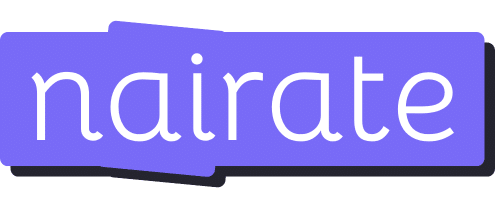

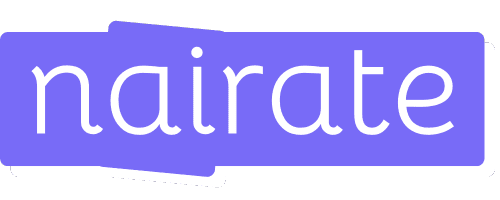
Add comment